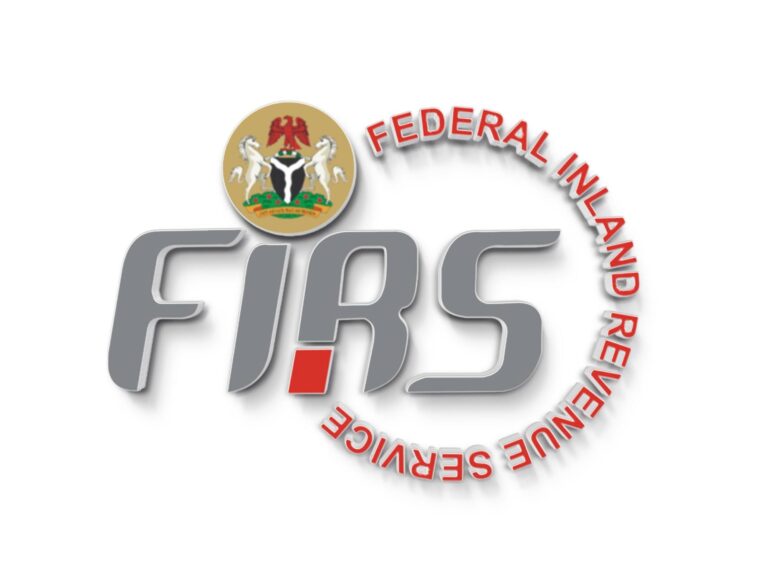Nigeria’s New Tax Act Imposes Strict Confidentiality Requirements

Nigeria’s Federal Government has introduced a new tax act that imposes strict confidentiality requirements on tax-related information, applicable to the Federal Inland Revenue Service (FIRS), soon to be renamed Nigeria Revenue Service (NRS). The law criminalizes unauthorized disclosure of internal documents, communication, and institutional data, with offenders facing a fine of up to N5 million or three years imprisonment, or both.
The law designates all internal documents, communications, memos, and institutional information of the FIRS as confidential, restricting their use to tax-related purposes and legal proceedings. Exceptions for disclosure include court orders, FIRS authorization, or enforcing tax laws in Nigeria or under a tax treaty.
Individuals involved in tax administration must treat documents related to a taxpayer’s business, assets, liabilities, profits, or income as strictly confidential. The law also limits legal suits against FIRS personnel and the Service itself, requiring actions to be filed within three months of the incident or six months in cases of continuing injury or damage.
This legislation aims to reform Nigeria’s tax system through digitalization, data-driven enforcement, and administrative insulation. However, critics argue that it may stifle whistleblowing and transparency if not balanced with accountability safeguards. The Secretary to the Government of the Federation, George Akume, had previously warned that leaking official documents without authorization is a felony, punishable under the law.
The new tax act is part of the government’s efforts to modernize Nigeria’s tax landscape, with the Nigeria Revenue Service expected to take over from FIRS by January 2026. The law will empower the NRS to impose fines for various infractions, including failure to register, file returns, or use tax technology.









